Olivia Laing's 6 favorite books
The acclaimed nonfiction writer recommends David Wojnarowicz, Virginia Woolf, and more

Olivia Laing, a British editor and critic acclaimed for The Lonely City, The Trip to Echo Spring, and other works of nonfiction, recently published her first novel. Crudo is narrated by a writer weathering a tumultuous 2017 summer.
Close to the Knives by David Wojnarowicz (Vintage, $16).
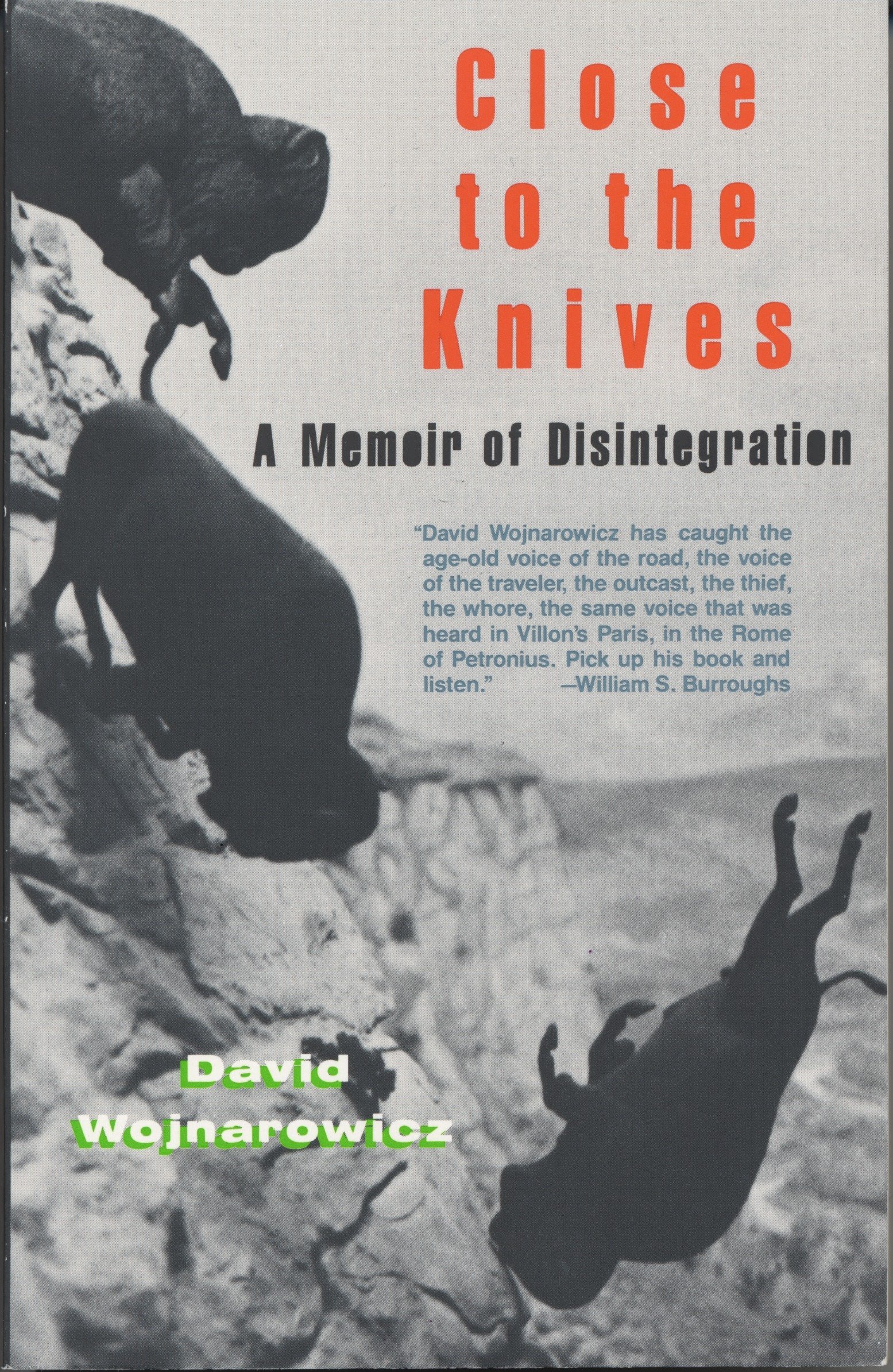
Wojnarowicz is rightly heralded as an artist, but it's his writing that captivates me. Knives is his masterwork: a memoir-in-fragments that tracks his violent boyhood, his sexual encounters in pre-gentrification New York, and his battles as an AIDS activist. Visceral and dreamlike in its visual power, his account of passionate resistance is vital.
The Week
Escape your echo chamber. Get the facts behind the news, plus analysis from multiple perspectives.

Sign up for The Week's Free Newsletters
From our morning news briefing to a weekly Good News Newsletter, get the best of The Week delivered directly to your inbox.
From our morning news briefing to a weekly Good News Newsletter, get the best of The Week delivered directly to your inbox.
Orlando by Virginia Woolf (Mariner, $15).
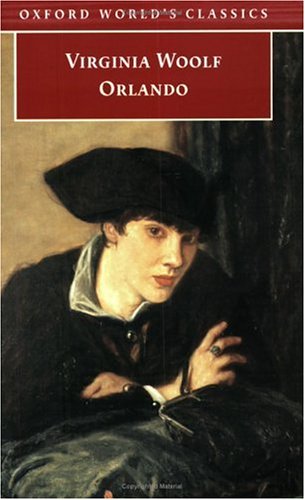
This October, it will be 90 years since Orlando was first published. Woolf's most playful book remains strikingly relevant today, not least for its sustained and elegant argument about the fluidity of gender.
The Rings of Saturn by W. G. Sebald (New Directions, $17).
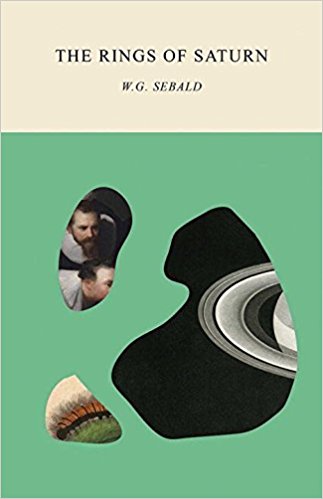
It puzzles me that Sebald is so often written about in terms of re-enchantment when his true project was to reveal violence, drawing back the veil on grand houses and great works of art to expose a legacy of war and colonial atrocity. Don't be lulled by the splendor of his sentences: This is writing dead set on laying bare the poisonous architecture of power.
A free daily email with the biggest news stories of the day – and the best features from TheWeek.com
Modern Nature by Derek Jarman (Univ. of Minnesota, $19).
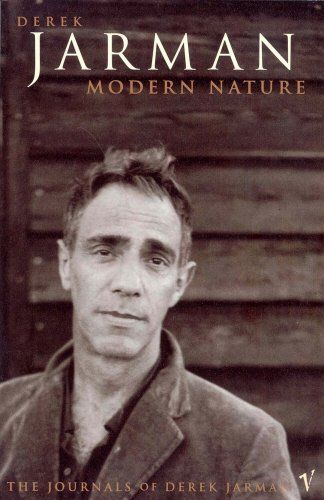
When the filmmaker Derek Jarman was diagnosed HIV positive in 1986, he began building a garden on a desolate beach. Modern Nature is his extraordinarily inspiring diary from those difficult years, documenting the ravages of illness and homophobia as well as the sustaining joy of making art.
Selected Poems by Frank O'Hara (Knopf, $20).
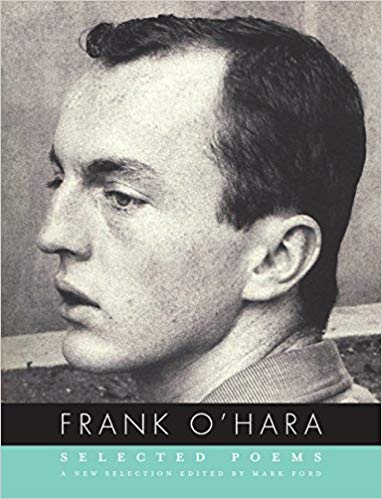
O'Hara is the great poet of the shifting self, the patron saint of the fleeting pleasure and the oscillating anxiety. I love his light-footedness, his easy shifts between high art and hot dogs, his open heart, and his casual glamour.
The Boy Who Followed Ripley by Patricia Highsmith (Norton, $14).
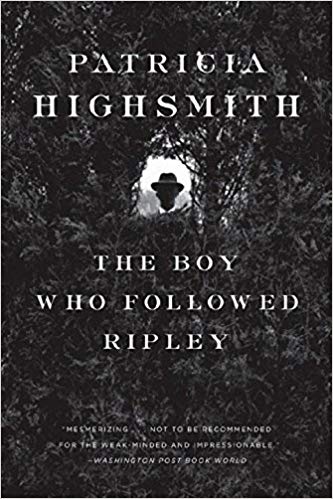
I often return to the five perfect Ripley novels, fascinated by the coolness of their construction, their strangely flat sentences, and their obsessive interest in forgeries and fakes. Ripley's queerness flickers in and out of focus and is particularly visible here. Corpses are disgustingly hard to dispose of, but the true horror is the vision of a world absolutely void of meaning or justice. Exquisitely chilling.
-
 Wilde Cambridge: home-away-from-home in a prime city spot
Wilde Cambridge: home-away-from-home in a prime city spotThe Week Recommends This laid-back aparthotel is the perfect base for a weekend of exploring
-
 The best alcohol-free alternatives for Dry January
The best alcohol-free alternatives for Dry JanuaryThe Week Recommends Whether emerging from a boozy Christmas, or seeking a change in 2026, here are some of the best non-alcoholic beers, wines and spirits to enjoy
-
 A lemon-shaped exoplanet is squeezing what we know about planet formation
A lemon-shaped exoplanet is squeezing what we know about planet formationUnder the radar It may be made from a former star